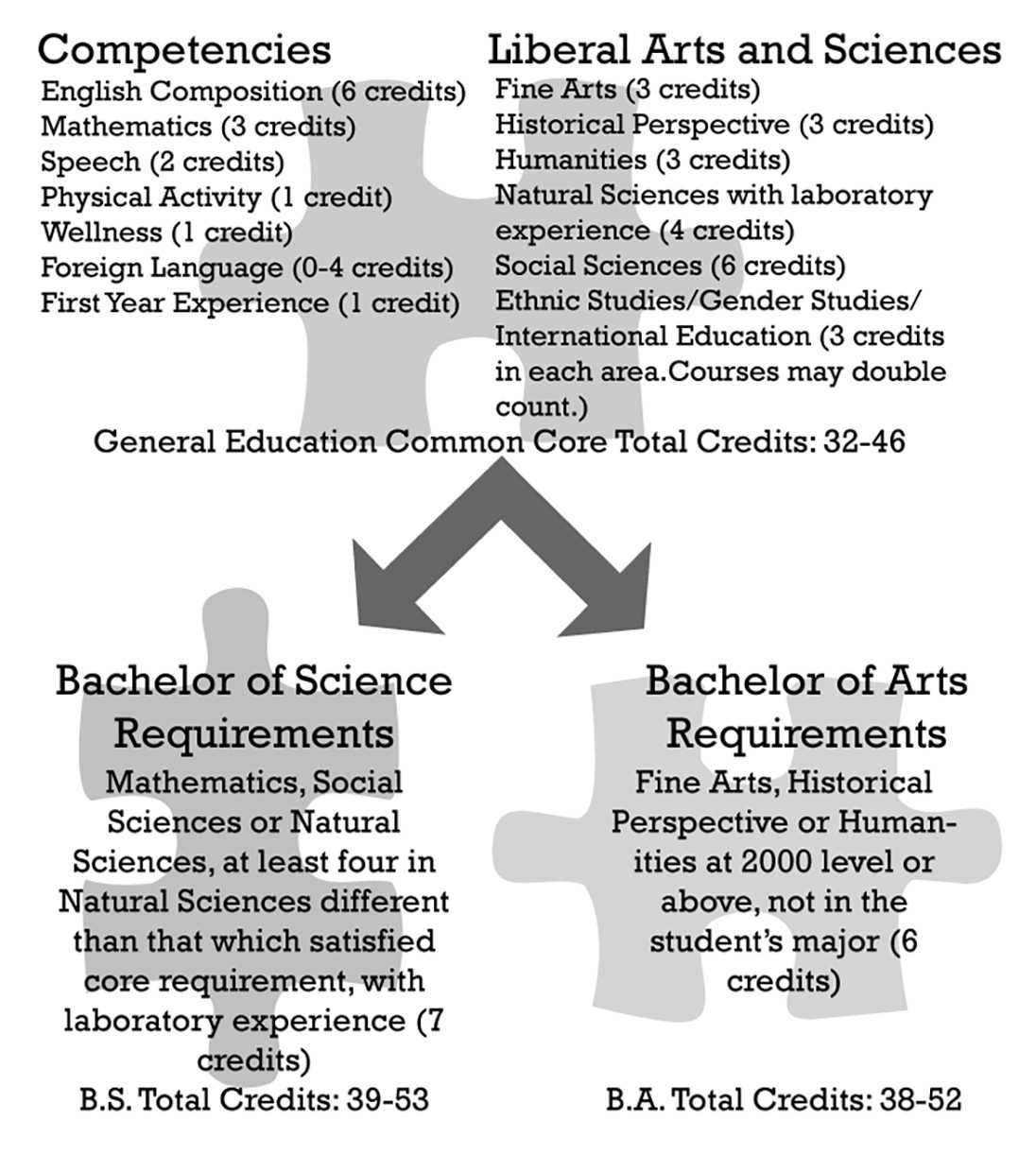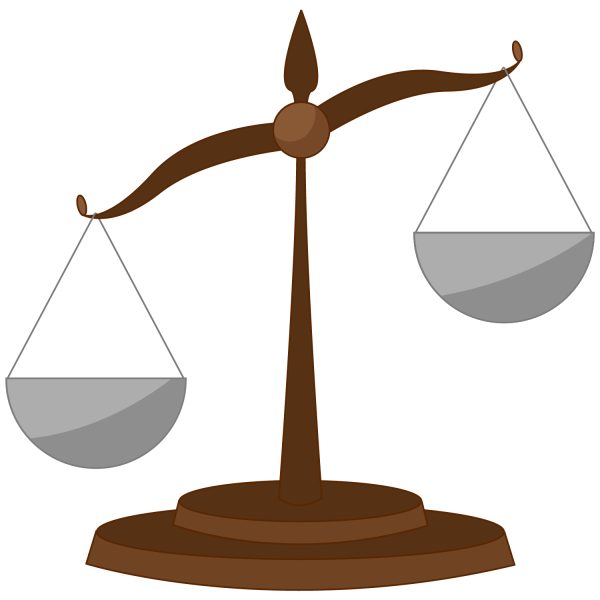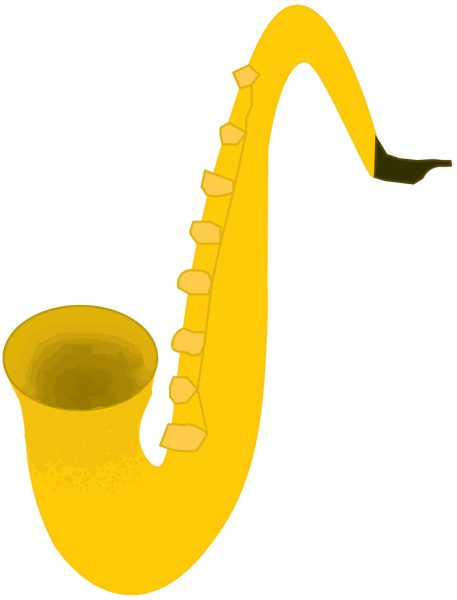Faculty Senate approves gen. ed. BA/BS distinction
Recommended changes to general education requirements were approved at a special Faculty Senate meeting held on March 29. Faculty Senate has previously voted to recommend that the changes, if approved by Chancellor Dennis Shields, take effect Fall 2017. The administration has requested that the Faculty Senate re-evaluate and consider recommending that the changes be retroactive to Fall 2014.
The recommended changes, if approved, would result in a distinction between a Bachelor of Arts and a Bachelor of Sciences degree.
Faculty Senate Chair Teresa Burns said that now that the recommendations have been approved, it’s just a matter of waiting for a decision from the administration. Provost and Vice Chancellor of Academic Affairs Mittie Nimocks Den Herder or Shields can overrule part or all of the recommended changes.
“[Now] we wait to see if the provost accepts our recommendation and passes it on to the chancellor. I hope some sort of decision is made before students register. That was part of the logic of the [special] meeting,” Burns said.
Burns also said that Faculty Senate and the administration agree that it is important to have a decision before Fall 2016 registration, which begins on April 4. Advising for registration has already begun, however.
A proposal to reduce the number of required general education credits was first announced at the Sept. 16, 2015 meeting of the University Undergraduate Curriculum Committee. That proposal included suggestions to suspend the writing emphasis, and create a distinction between B.A. and B.S. programs. The Sept. 16 proposal, and the recommended changes approved on March 29, are intended to save money as part of the budget reduction process.
A draft document of the approved recommended changes, available on the Faculty Senate website, calls for a common core of general education requirements which includes required competencies credits and liberal arts and sciences credits.
Four amendments to the recommended changes were also approved at the March 29 meeting. The first amendment document, included on the agenda and titled “Proposed Amendments to the UUCC BA/BS proposal” was the result of an oversight, said philosophy professor Shane Drefcinski, who was serving as a proxy for Evan Larson.

This infographic shows the recommended changes to the general education requirements.
The amended additional requirements for a B.A. on that document include “six additional credits, at the 2000 level or above, in two of the following areas: Fine Arts, Historical Perspectives, or Humanities.” The second amendment on that document, which addressed additional requirements for a B.S. included “seven additional credits in Mathematics, Social Sciences, or Natural Sciences, of which at least four credits must be in the Natural Sciences with a laboratory experience.” A third amendment, created and approved at the meeting, specified that the four natural sciences credits must be in a different discipline than that which satisfied the core natural science requirement. A fourth amendment specified a wording change on the fourth footnote from “and” to “or.” The amended footnote reads “[the first year experience] requirement is waived for students who enter UW-Platteville with at least 30 credits or an ACT of 22 or above.”
One proposed amendment to eliminate the foreign language requirement for B.S. students was not approved.
Burns said that the reason for the original amendment document which specified including social science in the seven additional credits to the B.S. was that if the recommendation passed without it, there would be a serious negative impact on the psychology department.
“On behalf of the psychology department, I would strongly encourage you to support [the inclusion of social sciences],” psychology department chair Elizabeth Gates said. Gates said that if the recommendations went through without the amendment, the consequences would be “absolutely devastating.”
Gates said if the amendment did not pass, psychology students would have to fulfill those seven additional credits in math or natural sciences courses beyond those required for a psychology major.
Gates said it would be “completely overkill.”
Assistant Vice Chancellor for Academic Affairs Joanne Wilson requested before the vote that Faculty Senate consider recommending that the changes be made retroactive to Fall 2014. Faculty Senate had previously voted to recommend the changes take effect in Fall 2017
“If you go to [2017] you’ll have three catalogs in play while advising students,” Wilson said. Wilson said her concern was that the paperwork generated by students requesting to change catalogs would be immense.
“I just have visions of my office buried in paper,” Wilson said.
Faculty Senate will discuss Wilson’s request at the next meeting.
Mathematics professor James Swenson suggested that one way to solve the problem Wilson brought up would be to vote against the whole package.
“We may not have the power to stop the things that happen to us, but we cannot be forced to give our consent and I won’t,” Swenson said. Swenson was the only senator who voted “no” on the proposal; three senators abstained. There were 12 votes in favor of the proposal.
The next meeting of Faculty Senate will be held on April 12.












